AND SO . . .
When you arise in the morning give thanks for the morning light.
Give thanks for your life and strength.
Give thanks for your food.
And give thanks for the joy of living.
And if perchance you see no reason to give thanks:
Rest assured the fault is yours.
American Indian Saying

In the battle of life, it is not the critic who counts; nor the one who points out how the strong person stumbled, or where the doer of a deed could have done better.
The credit belongs to the person who is actually in the arena; whose face is marred by dust and sweat and blood, who strives valiantly; who errs and comes short again and again, because there is no effort without error and shortcoming; who does actually strive to do deeds; who knows the great enthusiasms, the great devotion, spends oneself in a worthy cause; who at the best knows in the end the triumph of high achievement; and who at worst, if he or she fails, at least fails while daring greatly.
Far better it is to dare mighty things, to win glorious triumphs even though checkered by failure, than to rank with those timid spirits who neither enjoy nor suffer much because they live in the gray twilight that knows neither victory nor defeat.
Theodore Roosevelt (1858 – 1919)
[26th President of the United States]
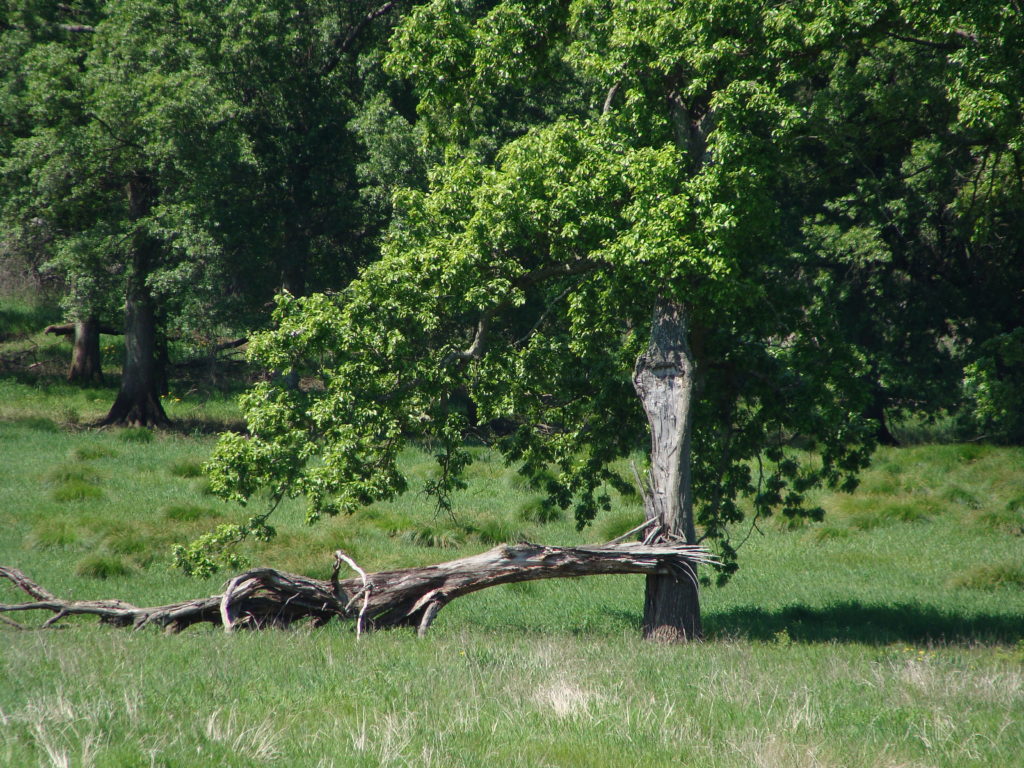
The great end of life is not knowledge but action.
Thomas Henry Huxley (1825 – 1895)
There is not disgrace in honest failure; there is disgrace in fearing to fail.
Henry Ford (1863 – 1947)
In front of difficulties, only those who give up are real failures.
Thomas Alva Edison (1847 – 1931)

People do not lack strength; they lack will.
Victor Hugo (1802 – 1885)

The chief danger in life is that you may take too many precautions.
Alfred Adler (1870 – 1937)
Twenty years from now you will be more disappointed by the things that you didn’t do than by the ones you did do. So throw off the bowlines. Sail away from the safe harbor. Catch the trade winds in your sails. Explore. Dream. Discover.
Mark Twain (1835 – 1910)
For believe me: the secret for harvesting from existence the greatest fruitfulness and the greatest enjoyment is — to live dangerously! Build your cities on the slopes of Vesuvius! Send your ships into uncharted seas! Live at war with your peers and yourselves . . . . you seekers of knowledge!
Friedrich Nietzsche (1844 – 1900)
Be not afraid of growing slowly.
Be afraid of standing still.
Chinese Proverb
A soul stood on the bank of the river of Life, and it had to cross it. And first it found a reed, and it tried to cross with it. But the reed ran into its hand at the top in fine splinters and bent when it leaned on it. Then the soul found a staff and it tried to cross with it: and the sharp end ran into the ground, and the soul tried to draw it, but it could not; and it stood in the water by its staff.
Then it got out and found a broad thick log, and it said, “With this I will cross.” And it went down into the water. But the log was too buoyant, it floated, and almost drew the soul from its feet.
And the soul stood on the bank and cried: “Oh, River of Life! How am I to cross; I have tried all rods and they have failed me!”
And the River answered, “Cross me alone.”
And the soul went down into the water and it crossed.
Olive Schreiner (1855 -1920)
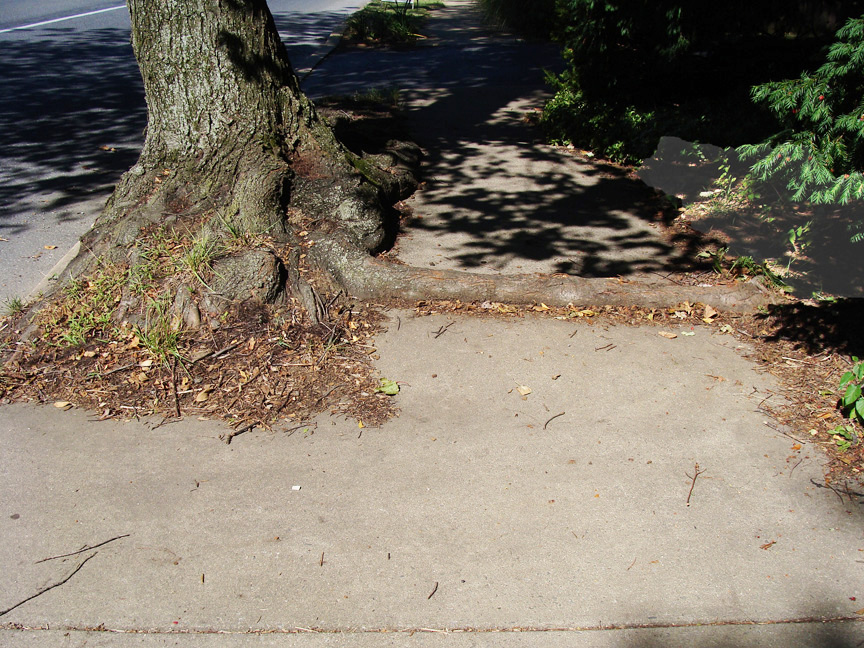
You have the capacity to help yourself.
Addaitu Ling (c. 1926 – )
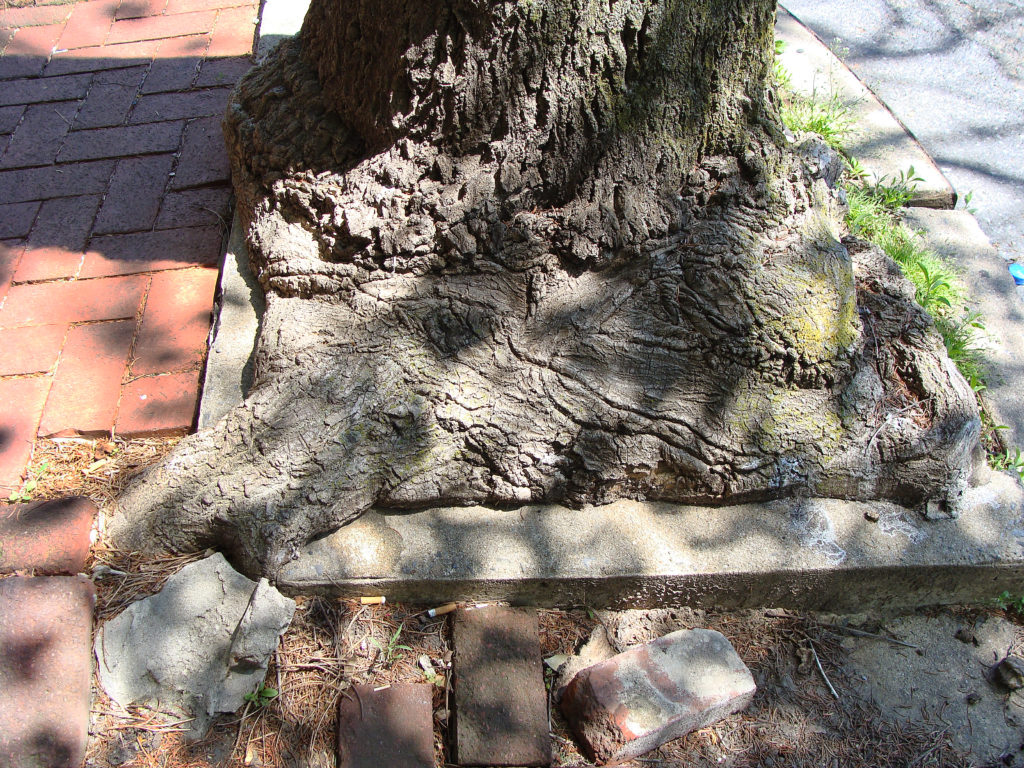
Pray not; the darkness will not brighten!
Ask naught from the silence, for it cannot speak!
Vex not your mournful minds with pious pains!
Ah, brother, sister! Seek,
Naught from the helpless Gods by gift and hymn,
Nor bribe with blood, nor feed with fruit and cakes;
Within yourselves deliverance must be sought!
Edwin Arnold (1832 – 1904)
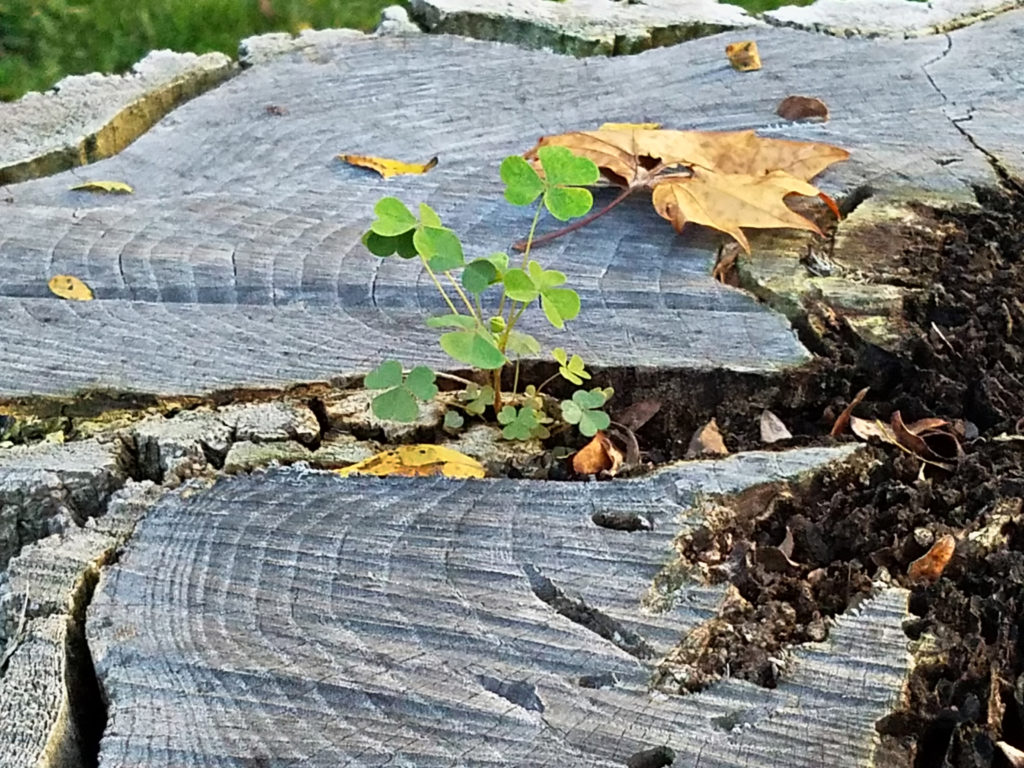
We say that pleasure is the starting-point and the end of living blissfully. For we recognize pleasure as a good which is primary and innate.
⋅ ⋅ ⋅ ⋅
When we say that pleasure is the goal we do not mean the pleasures of the dissipated and those which consist in the process of enjoyment . . . but freedom from pain in the body and from disturbance in the mind. For it is not drinking and continuous parties nor sexual pleasures nor the enjoyment of fish and other delicacies of a wealthy table which produce the pleasant life, but sober reasoning which searches out the causes of every act of choice and refusal and which banishes the opinions that give rise to the greatest mental confusion.
Epicurus (341 – 270 BCE)
How long wilt thou delay to hold thyself worthy of the best things, and to transgress in nothing the decrees of Reason. Thou hast received the maxims by which it behooves thee to live; and dost thou live by them. What teacher dost thou still look for to whom to hand over the task of thy correction? Thou art no longer a boy, but already a man full grown . . . Therefore hold thyself worthy to live as a man of full age and one who is pressing forward, and let everything that appeareth the best be to thee as an inviolable law. And if any toil or pleasure or reputation or the loss of it be laid upon thee, remember that now is the contest, here already are the Olympian games; there is no deferring them any longer; in a single day and in a single trial ground is to be lost or gained. It was thus that Socrates made himself what he was – in all things that befell him having regard to no other thing than reason. But thou, albeit thou be yet no Socrates, yet as one who would be Socrates, so it behoveth thee to live.
Epictetus (60 – 120)
. . . if man is to be independent he must stand alone, and how many men are there who are capable of that? How many men are there, even amongst the most clear sighted, who will dare to break free from the bondage of certain prejudices, certain postulates which cramp and fetter all the men of the same generation?
. . . .
Every man, every art, has its hypocrisy. The world is fed with little truth and many lies.
. . . .
The human mind is feeble: pure truth agrees with it but ill: its religion, its morality, its states, its poets, its artists must all be presented to it swathed in lies. These lies are adapted to the mind of each race: they vary from one to the other: it is they that make it so difficult for nations to understand each other, and so easy for them to despise each other.
. . . .
Truth is the same for all of us; but every nation has its own lie, which it calls its idealism; every creature therein breathes it from birth to death; it has become the condition of life; there are only a few men of genius who can break free from it through heroic moments of crisis, when they are alone in the free world of their thoughts.
. . . .
There is only one heroism in the world: to see the world as it is and to love it.
Romain Rolland (1866 – 1944)

The man whom we can with justice call “modern” is solitary. He is so of necessity and at all times, for every step towards a fuller consciousness of the present removes him further from his original participation mystique with the mass of men – from submersion in a common unconsciousness. Every step forward means an act of tearing himself loose from that all-embracing, pristine unconsciousness which claims the bulk of mankind, almost entirely.
I have never belonged wholeheartedly to a country, a state, nor to a circle of friends, nor even to my own family.
Albert Einstein (1879 – 1955)
The good man is his own friend.
Sophocles (c. 496 – 406 BCE)
The great decisions of human life have as a rule far more to do with the instincts and other mysterious unconscious factors than with conscious will and well-meaning reasonableness. The shoe that fits one person pinches another; there is no recipe for living that suits all cases. Each of us carries his own life-form – an indeterminable form which cannot be superseded by any other.
Carl Gustav Jung (1875 – 1961)
Follow your own bent, no matter what people say.
Karl Marx (1818 – 1883)
Do not follow the ideas of others, but learn to listen to the voice within yourself.
Dōgen Zenji (1200 – 1253)
The answer to the last appeal of what is right lies within a man’s own heart.
Trust thyself.
Aristotle (384 – 322 BCE)
A way is only the way when one finds it and follows it oneself. There is no general prescription for “how one should do it.”
Carl Gustav Jung (1875 – 1961)
To thine own self be true.
William Shakespeare (est. 1564 – 1616)
Believe me: It is no teaching and no instruction that I give you. On what basis should I presume to teach you? I give you news of the way of this man [of my way], but not of your own way. My path is not your path therefore I cannot teach you. The way is within us, but not in Gods, nor in teachings, nor in laws. Within us is the way, the truth, and the life.
Woe betide those who live by way of examples! Life is not with them. If you live according to an example, you thus live the life of that example, but who should live your own life if not yourself? So live yourselves.
The signposts have fallen, unblazed trails lie before us. Do not be greedy to gobble up the fruits of foreign fields. Do you not know that you yourselves are the fertile acre which bears everything that avails you?
Yet who today knows this? Who knows the way to the eternally fruitful climes of the soul? You seek the way through mere appearances, you study books and give ear to all kinds of opinion. What good is all that?
There is only one way and that is your way.
You seek the path? I warn you away from my own. It can also be the wrong way for you.
May each go his own way.
Carl Gustav Jung (1875 – 1961)
Let your self be.
M. S. Aman (1942 – )
Follow your heart but take your brain with you.
Alfred Adler (1870 – 1937)
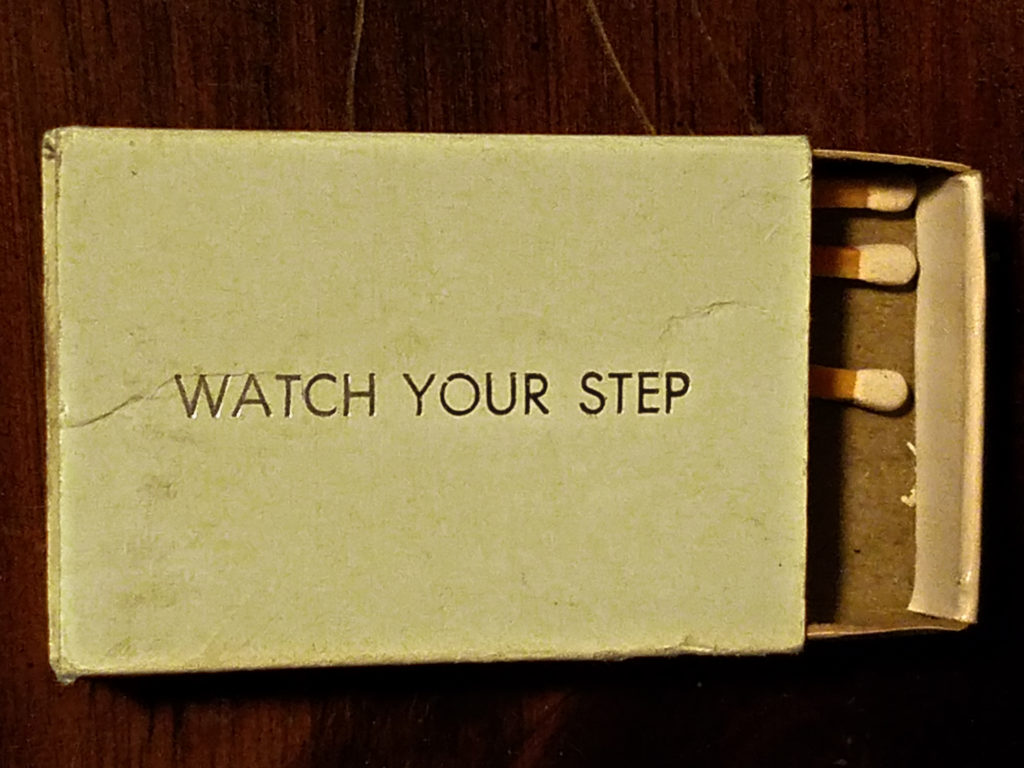
To have a Weltanschauung [an ideology; a world view; a particular philosophy of life] means to make an image of the world and of oneself, to know what the world is and who I am. Taken literally this would be too much. No one can know what the world is, and as little also can he know himself; but cum grano salis [taken with a grain of salt; not taken too literally, but with reservations and limitations], it means the best possible knowledge – a knowledge that requires wisdom and the avoidance of unfounded assumptions, arbitrary assertions, and didactic opinions. For such knowledge one must seek the well-founded hypothesis, without forgetting that all knowledge is limited and subject to error.
Carl Jung (1875 – 1961)
How shall we pass most swiftly from point to point and be present always at the focus where the greatest number of vital forces unite in their purest energy? To burn always with this hard, gemlike flame, to maintain this ecstasy, is success in life.
Walter Pater (1839 – 1894)
Do not believe in anything simply because you have heard it.
Do not believe in anything simply because it is spoken and rumored by many.
Do not believe in anything simply because it is found written in your religious books.
Do not believe in anything merely on the authority of your teachers and elders.
Do not believe in traditions simply because they have been handed down for many generations.
But after observation and analysis, when you find that anything agrees with reason and is conducive to the good and benefit of one and all, then accept it and live up to it.
Siddhãrtha Gautama [Buddha] (c. 480 BCE)
Religion is the sigh of the oppressed creature, the heart of a heartless world and the soul of soulless conditions. It is the opium of the people. The abolition of religion as the illusory happiness of the people is the demand for their real happiness. To call on them to give up their illusions about their condition . . . not in order that man shall continue to bear that chain without fantasy or consolation, but so that he shall throw off the chain and pluck the living flower . . . so that he will think, act, and fashion his reality like a man who has discarded his illusions and regained his senses, so that he will move around himself as his own true Sun. Religion is only the illusory Sun which revolves around man as long as he does not revolve around himself.
It is therefore the task of history . . . to establish the truth of this world.
It is the immediate task of philosophy . . . .
Karl Marx (1818 – 1883)
MORESO . . .
I think it’s much more interesting to live not knowing than to have answers which might be wrong. I have approximate answers and possible beliefs and different degrees of uncertainty about different things, but I am not absolutely sure of anything and there are many things I don’t know anything about, such as whether it means anything to ask why we’re here. I don’t have to know an answer. I don’t feel frightened not knowing things, by being lost in a mysterious universe without any purpose, which is the way it really is as far as I can tell.
Richard Feynman (1918 – 1988)
Man has the seeds of immortality in him, but the gift is for the race, not for the individual.
Sir Arthur Keith (1866 – 1927)

Whether people be of high or low birth, rich or poor, old or young, enlightened or confused, they are all alike in that they will one day die. It is not that we don’t know that we are going to die, but we grasp at straws. While knowing that we will die someday, we think that all the others will die before us and that we will be the last to go. Death seems a long way off. Is this not shallow thinking? It is worthless and is only a joke within a dream. It will not do to think in such a way and be negligent. Insofar as death is always at one’s door, one should make sufficient effort and act quickly.
Yamamoto Tsunetomo (1659 – 1719)
So he died for his faith. That is fine,
More than most of us do.
But, say, can you add to that line
That he lived for it, too?
In his death he bore witness at last
As a martyr to the truth.
Did his life do the same in the past,
From the days of his youth?
It is easy to die. Men have died
For a wish or a whim—
From Bravado or passion or pride,
Was it harder for him?
But to live—every day to live out
All the truth that he dreamt,
While his friends met his conduct with doubt
And the world with contempt.
Was it thus that he plodded ahead,
Never turning aside?
Then we’ll talk of the life that he lived.
Never mind how he died.
Ernest Crosby (1856 – 1907)
[T]here have always been a number of men who have realized the wholly mythical nature of the idea of a future life: They have transferred the powerful urge to partake of eternity to such concepts as that of biological immortality through one’s children and descendants, of social immortality through the impact of one’s work or fame, and of material or chemical immortality through the indestructibility of the elements of the body.
Corliss Lamont (1902 – 1995)
One would be wise to “transfer the powerful urge to partake of eternity” as stated by Corlis Lamont in the quotation above, in light of the following which has been attributed to various sages of antiquity:
Short and sorrowful is our life,
and there is no remedy when a man comes to his end,
and no one has been known to return from Hades.
Because we were born by mere chance,
and hereafter we shall be as though we had never been;
because the breath in our nostrils is smoke,
and reason is a spark kindled by the beating of our hearts.
When it is extinguished, the body will turn to ashes,
and the spirit will dissolve like empty air.
Our name will be forgotten in time
and no one will remember our works;
our life will pass away like the traces of a cloud,
and be scattered like mist
that is chased by the rays of the sun
and overcome by its heat.
For our allotted time is the passing of a shadow,
and there is no return from our death,
because it is sealed up and no one turns back.
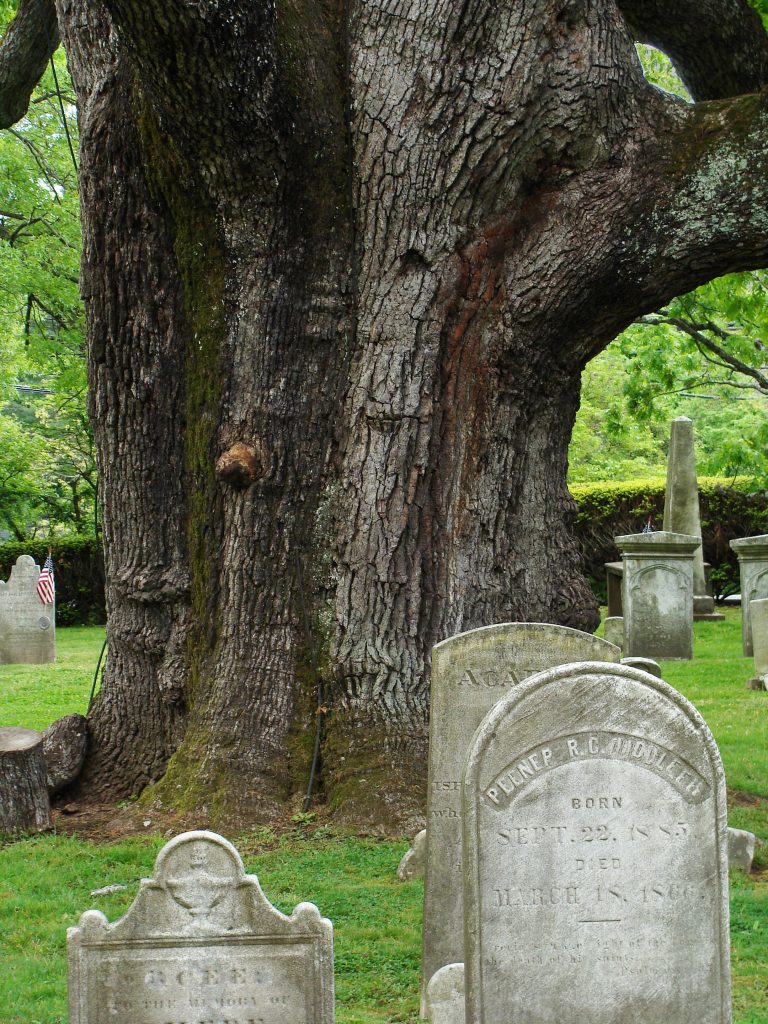
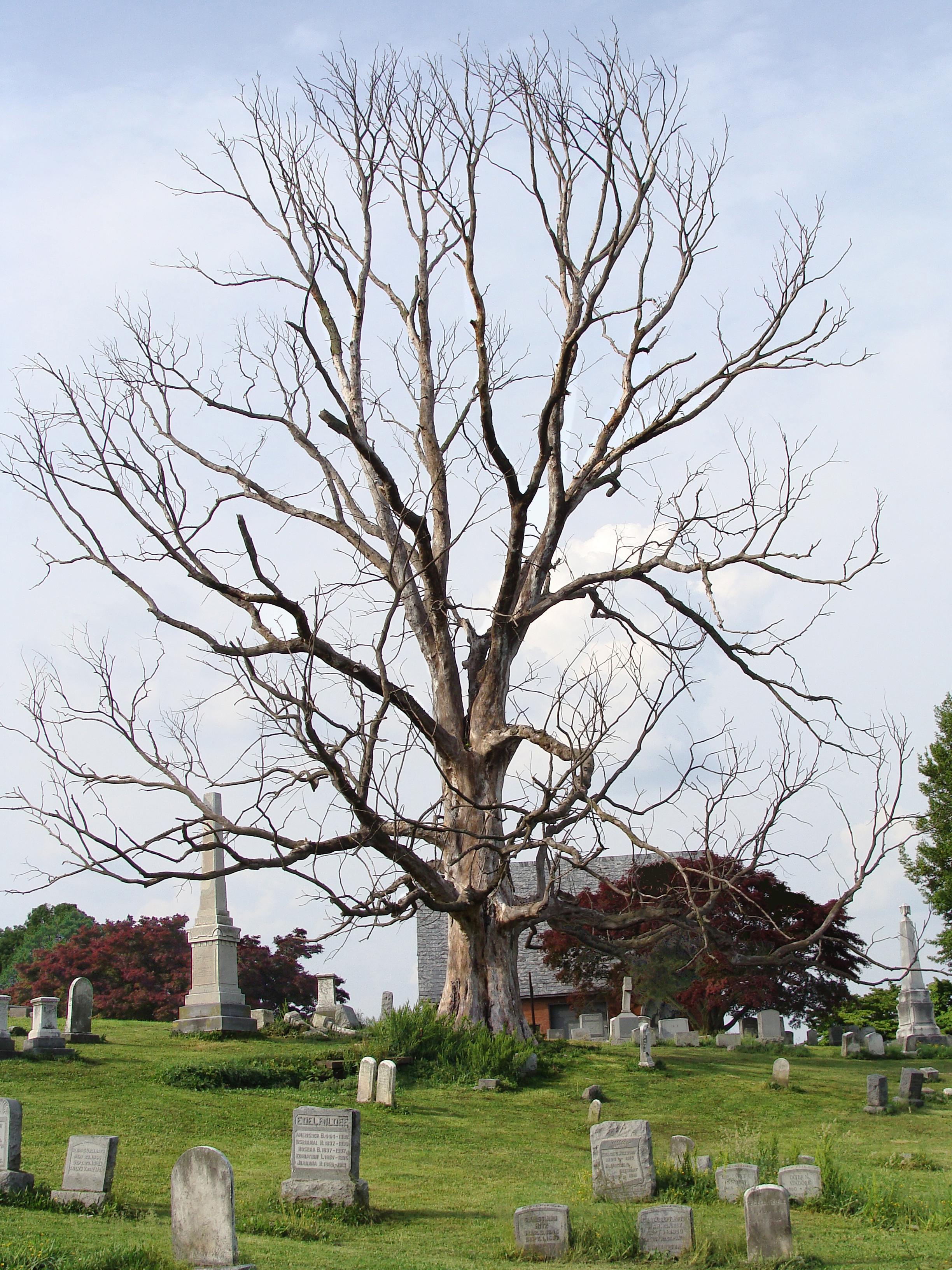
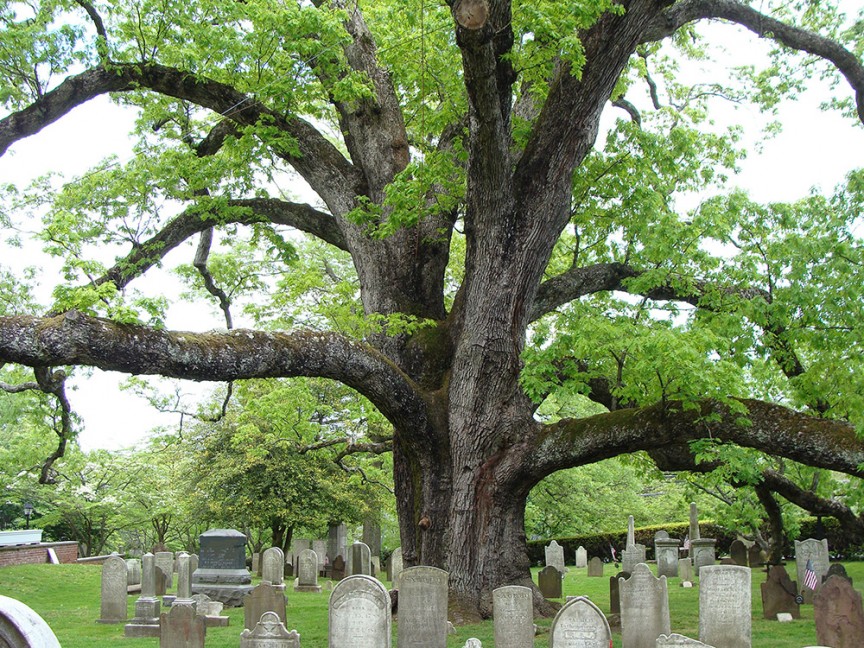
There is life after death. The atoms, molecules, sub-atomic particles and forms of energy, that exist in the physical world, which constitute a living being, do not cease to exist in the physical world, they do not stop their movements as particles and waves, when the living being of which they were a part dies. The atoms, molecules, sub-atomic particles and forms of energy that were the living being sometimes quickly become (most probably they always become) parts of other living beings. So, for example, the atoms, molecules, sub-atomic particles and energy of a living being who has died and is buried can be, and often is, absorbed by a living being, such as by a tree, a bush or bacteria, which may thereafter be eaten or absorbed by some other living being. The constituent parts of the living being that died thereby become parts of other living beings. And that is not a miracle or magical or supernatural; that is physical reality in the natural world. A living being that dies, however, does not come back to life again as the being that it was before it died; not in any form, not on Earth, not in spirit, not in the form of any soul, ghost, angel, devil or supernatural being, not in any so-called heaven or hell, not in any other place, and not in any other way, shape, manner or form . . . not ever. That is also reality.
Klar Himmel (1942 – )

Not on sad Stygian shore, nor in clear sheen
Of far Elysian plain, shall we meet those
Among the dead whose pupils we have been,
Nor those great shades whom we have held as foes;
No meadow of asphodel our feet shall tread,
Nor shall we look each other in the face
To love or hate each other being dead,
Hoping some praise, or fearing some disgrace.
We shall not argue, saying “Twas thus”, or “thus”,
Our argument’s whole drift we shall forget;
Who’s right, who’s wrong, ’twill be all one to us;
We shall not even know that we have met.
Yet meet we shall, and part, and meet again
Where dead men meet, on lips of living men.
Samuel Butler (1612 – 1680)
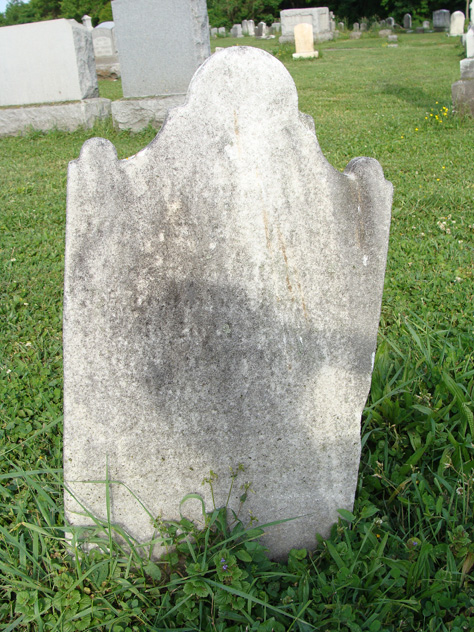
Rest forever, tired heart.
The final illusion has perished.
The one we believed eternal is gone.
Just like that.
Out the door desire follows hope.
Rest forever.
Giacomo Leopardi (1798 – 1837)

From birth to death it’s only this; don’t seek anymore for anything else by turning your head and revolving your brain.
Shih-t’ou (700 – 790)

Man is born, eats, procreates, and dies. . .
This sequence of events alike applies
To horses, herrings, crocodiles, and flies.
Joseph s. Newman (1891 – 1960)

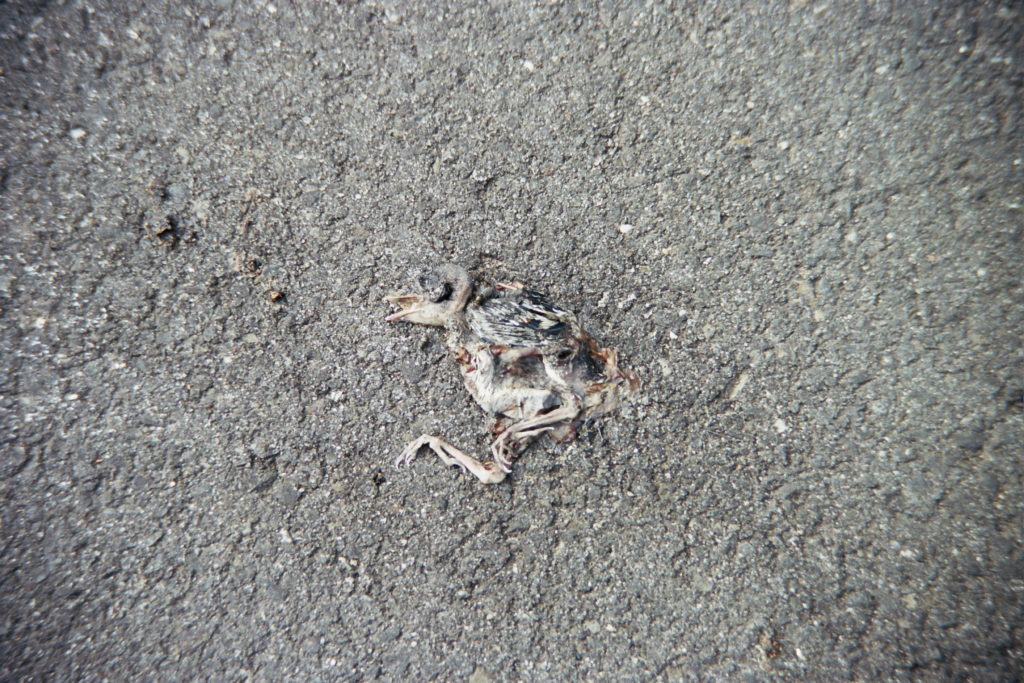
They have put my bed beside the unpainted screen;
They have shifted my stove in front of the blue curtain,
I listen to my grandchildren, reading me a book;
I watch the servants, heating up my soup.
With rapid pencil I answer the poems of friends;
I feel in my pockets and pull out medicine-money,
When this superintendence of trifling affairs is done,
I lie back on my pillows and sleep with my face
to the South.
Po chü-i, aka Bai Juyi (772 – 846)
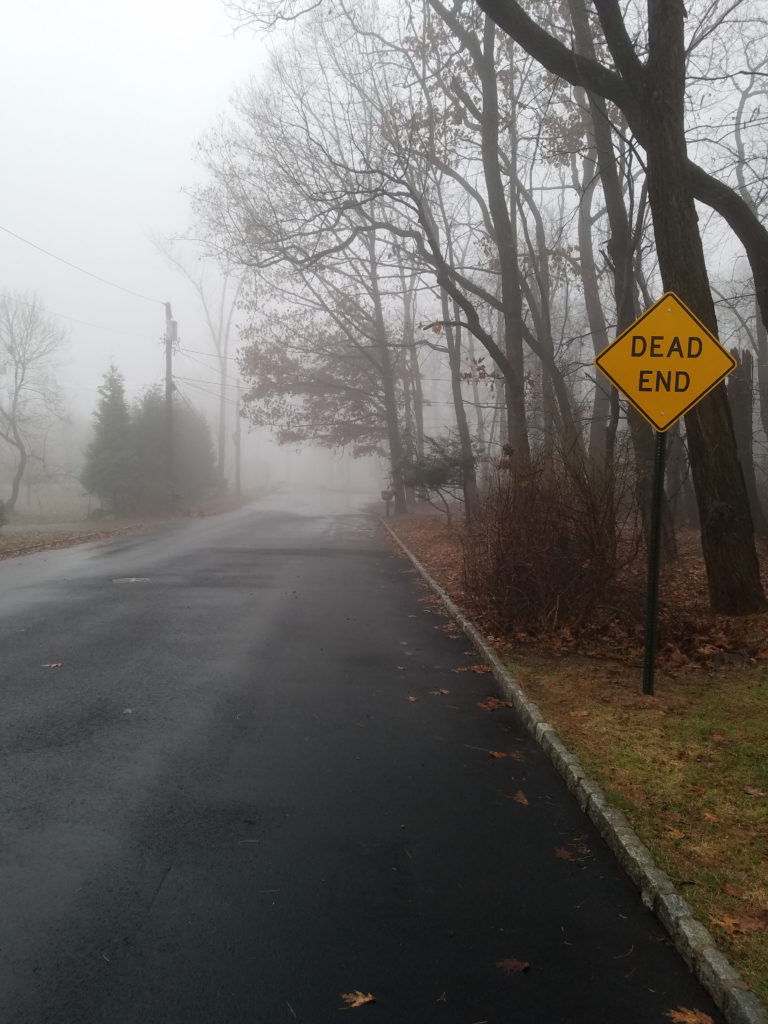
Art thou afraid, friend, of death,
and for life everlasting art yearning.
Live as a part of the whole!
When thou art gone it remains.
Johann W. Goethe (1749 – 1832)

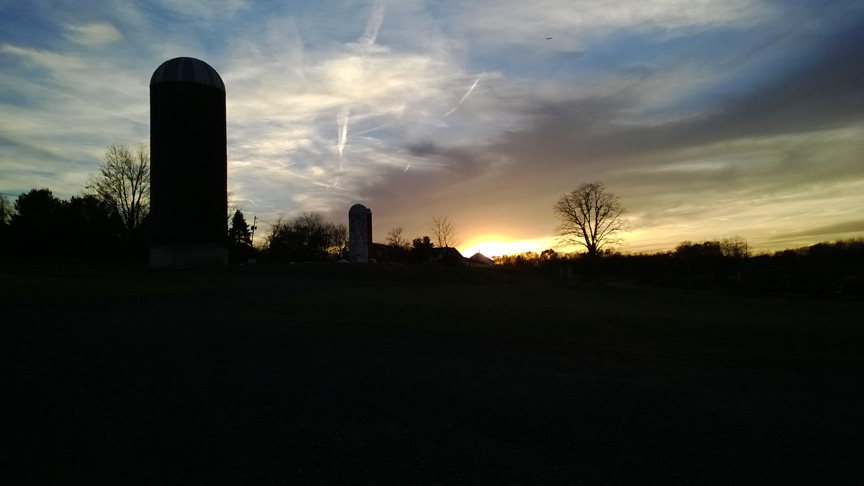
. . .
.
__ __
Copyright © 2008 – 2025 TimeIsNot.com